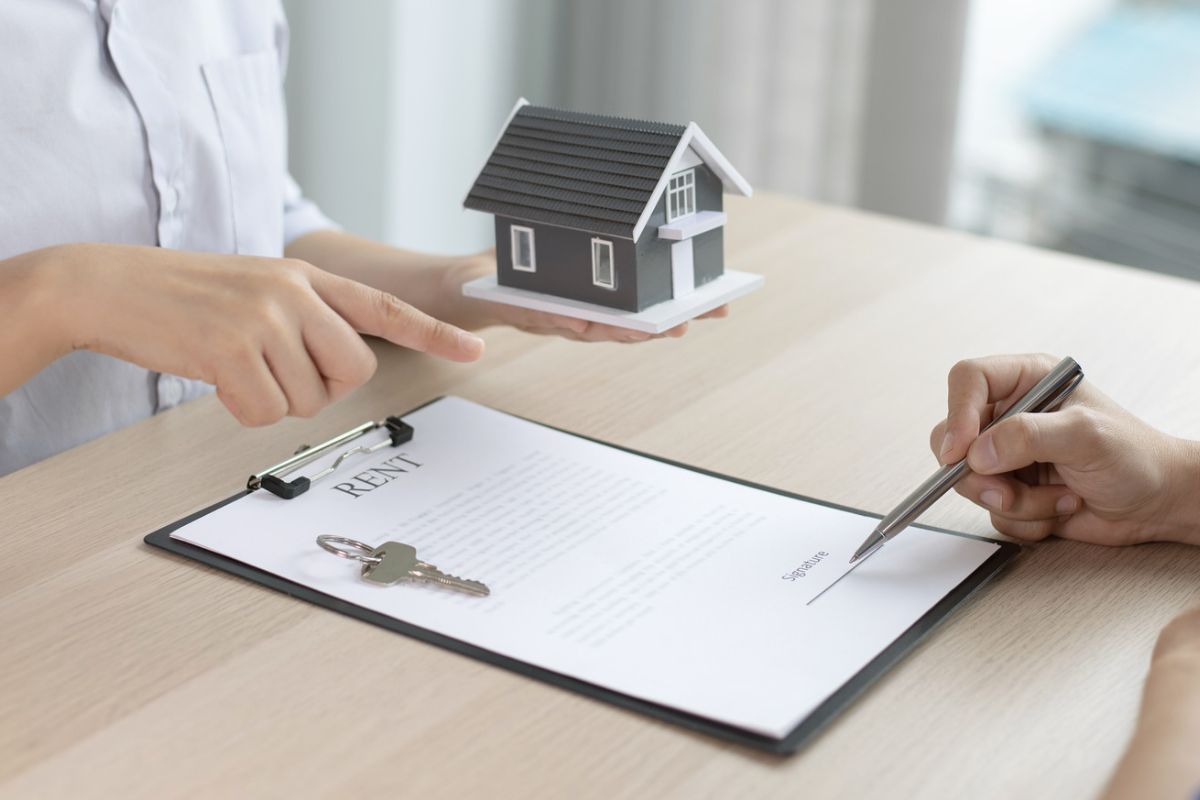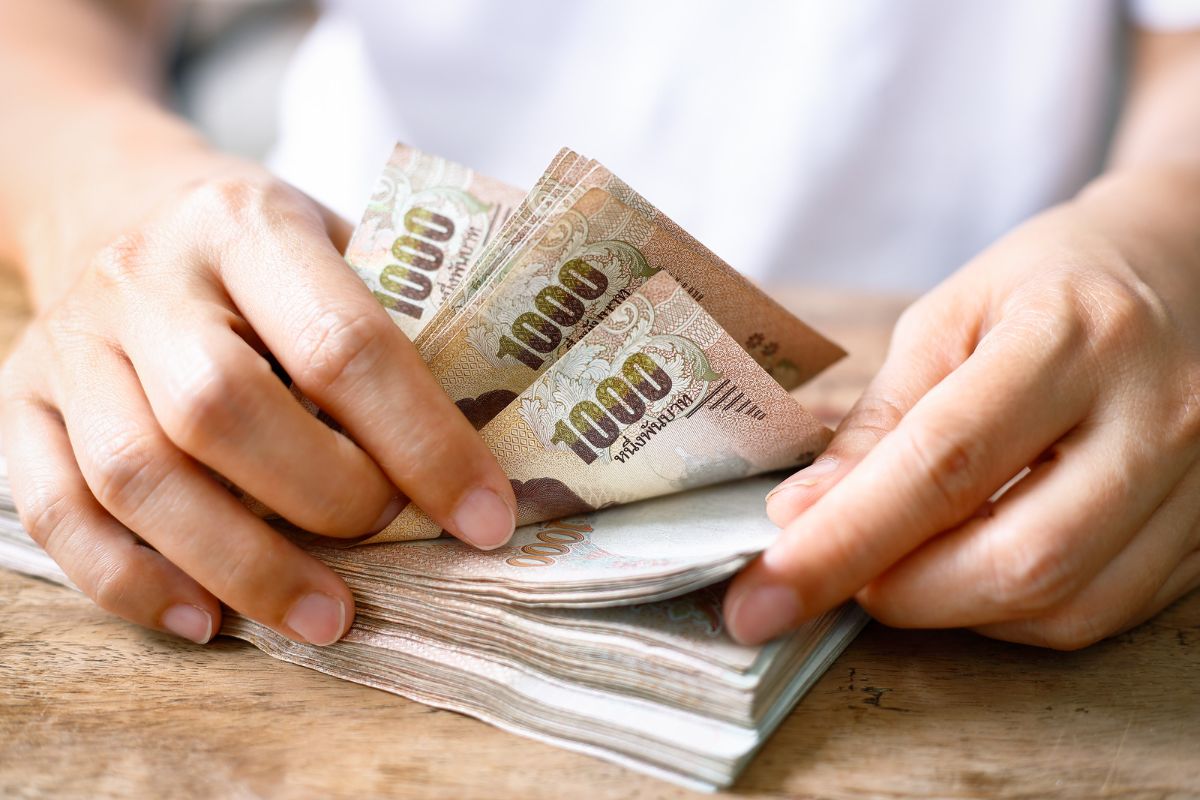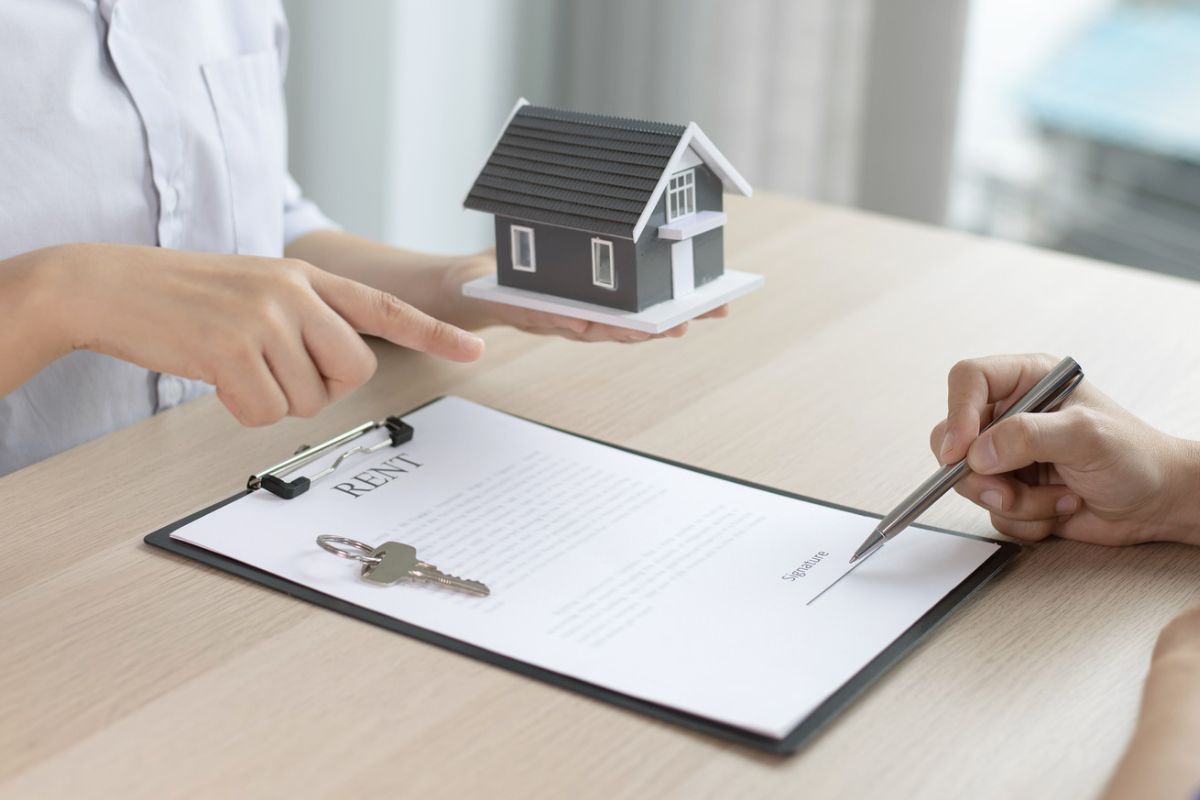
Renting a property in Thailand can be an exciting adventure, but it's crucial to understand the ins and outs of rental agreements in the country. This guide will walk you through the essential elements of rental and lease agreements in Thailand, offering tips and advice to ensure a smooth rental experience. Whether you're a first-time renter or a seasoned expat, this information will help you navigate the Thai rental market with confidence. For more information about renting in Pattaya, be sure to check out our Ultimate Guide on Renting Apartments in Pattaya.
Rental agreements in Thailand are legally binding contracts between landlords and tenants, outlining the terms and conditions of a property rental. They protect both parties' rights and interests, so it's crucial to understand the various aspects of these agreements.
There are two primary types of rental agreements in Thailand: short-term and long-term agreements. Short-term agreements typically last for up to three months, while long-term agreements usually cover a period of one year or more. Regardless of the type, both agreements should include specific details about the rental property, payment terms, and the rights and responsibilities of both parties.
In Thailand, rental agreements are subject to the Civil and Commercial Code. Although rental contracts do not legally require a written agreement, having one in place is highly recommended to ensure both parties understand their rights and obligations. Additionally, Thai law requires landlords to register rental contracts with the local land office if the lease term is more than three years.

A well-structured rental agreement should cover several essential elements, including:
The agreement should clearly identify the landlord and tenant, including their full names, addresses, and contact information.
The rental agreement should include a detailed description of the rental property, such as the address, the type of home (e.g., condominium, house, etc.), and any provided furnishings or appliances.
The duration of the rental agreement should be clearly specified, including the start and end dates. Additionally, any options for renewal or extension should be outlined.

The house or condo rental agreement should state the monthly rent amount, payment due dates, and any late fees or penalties for missed payments. It should also specify the accepted payment methods and any additional charges, such as utility bills or common area maintenance fees.
A security deposit is typically required to protect the landlord from potential damages or unpaid rent. The rental agreement should specify the deposit amount, usually equivalent to one or two months' rent, and the terms for its return at the end of the lease.
The rental agreement should outline the responsibilities of both the landlord and tenant for maintaining the property and addressing necessary repairs. Generally, the landlord is responsible for major repairs, while the tenant is responsible for minor maintenance and upkeep in house and condo rental agreements.
The agreement should include any specific rules and regulations governing the property, such as noise restrictions, pet policies, and guidelines for using common areas. Tenants should be aware of these rules to avoid potential conflicts or penalties.

The rental agreement should state the conditions that allow either party to terminate the contract and specify the required notice period for ending the lease. Typically, a 30-day written notice is necessary for both landlords and tenants.
Here are a few tips to keep in mind when entering a rental or lease agreement in Thailand that will help ensure a pleasant rental experience:
Familiarize yourself with Thai house and condo rental agreement regulations to ensure you understand your rights and obligations as a tenant.
Before signing a rental agreement, read it thoroughly to ensure you fully understand its terms and conditions. If necessary, seek the help of a legal professional or a native Thai speaker to assist you.
Don't be afraid to negotiate the rental terms with your prospective landlord. While some terms may be non-negotiable, others, such as rent amount, security deposit, or maintenance responsibilities, may be open to discussion.
If you're unsure about any aspect of your rental agreement or need help navigating the legal process, consider consulting a Thai lawyer or legal professional experienced in rental law. They can provide valuable advice and help ensure your rights are protected.

Renting a property in Thailand can be a rewarding experience, but it's essential to understand the ins and outs of rental agreements in the country. By familiarizing yourself with the key components of a rental agreement in Thailand, knowing your rights, and seeking legal assistance when necessary, you can ensure a smooth and successful rental experience.
Once you know what to expect from rental agreements in Thailand, our real estate agent in Pattaya can show you the wide range of apartments, condos, and homes available throughout the greater Pattaya area. Find the perfect home with Pearl Property Pattaya.
Here are the most frequently asked questions about rental agreements in Thailand.
While there's no legal requirement that rental or lease agreements under three years in duration be written in Thai, it's recommended that both English and Thai versions be used to ensure clear communication and understanding between both parties.
Subletting or sharing your rented property may be allowed, but it depends on the terms of your rental agreement. Always check with your landlord and review the agreement before subletting or sharing the property.
Your rental agreement should outline the terms for early termination. Generally, you might need to forfeit your security deposit or pay a penalty equivalent to a certain number of months' rent.
Rent increases during the rental term should be specified in the agreement. If the agreement is silent on this issue, the landlord cannot increase the rent without the tenant's consent.
In case of a dispute with your landlord, attempt to resolve the issue amicably through open communication. When necessary, consider seeking legal assistance to mediate the dispute or represent your interests in court.
Buying property off-plan in Pattaya offers advantages that resale properties simply can't match. When you purchase a new development project, you're securing a modern home built to current standards, with payment terms designed to work with your financial planning rather than against it. The question many buyers ask is straightforward and that is why choose...
If you're planning to buy or rent a property in Pattaya, it's crucial to conduct a thorough inspection of the property before making any decision. A property inspection checklist can help you ensure that everything is in good condition and that you're making a sound investment. In this article, we'll provide you with a comprehensive property inspection check...
การใช้เว็บไซต์นี้ต่อไป เราจะถือว่าคุณยินดีรับคุกกี้ที่คัดสรรมาอย่างดี คุณยอมรับคุกกี้เหล่านี้และการประมวลผลข้อมูลส่วนบุคคลที่เกี่ยวข้องหรือไม่


